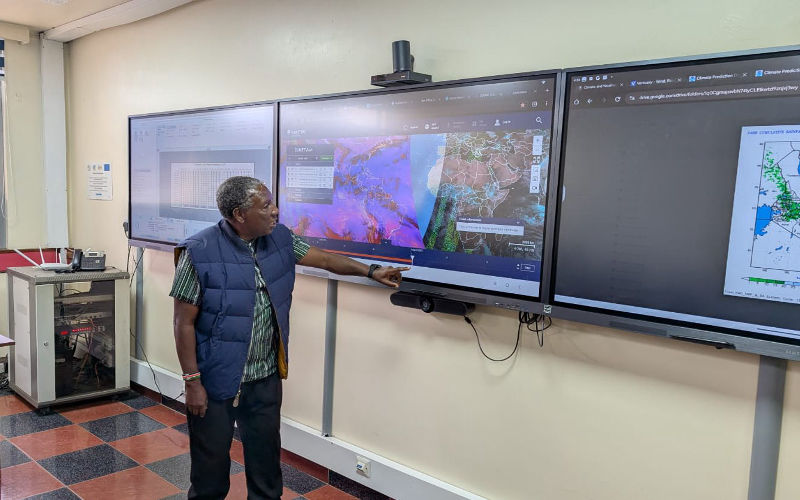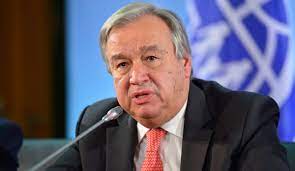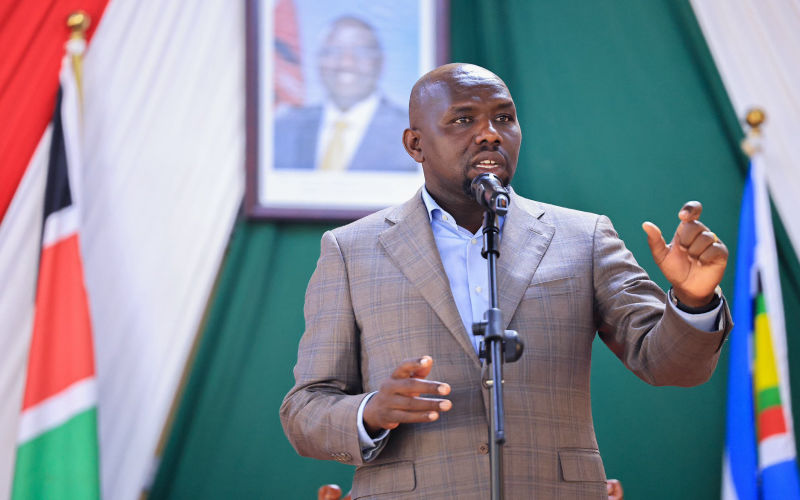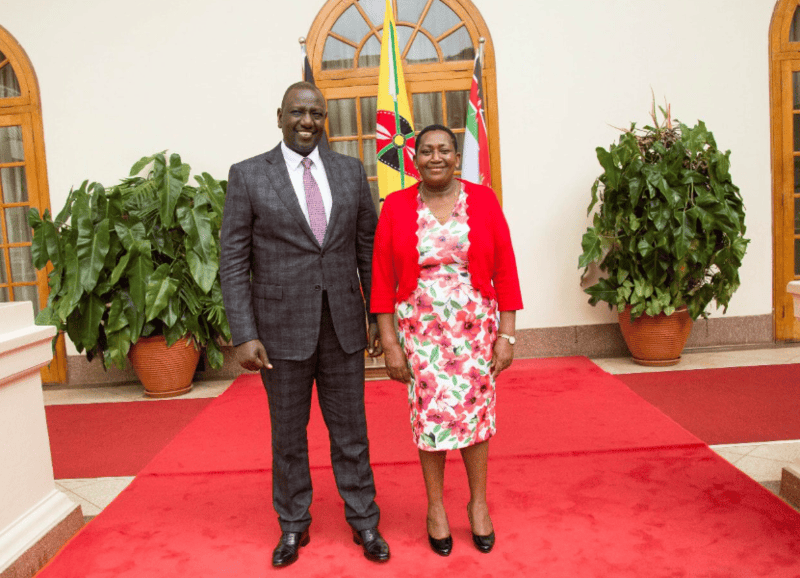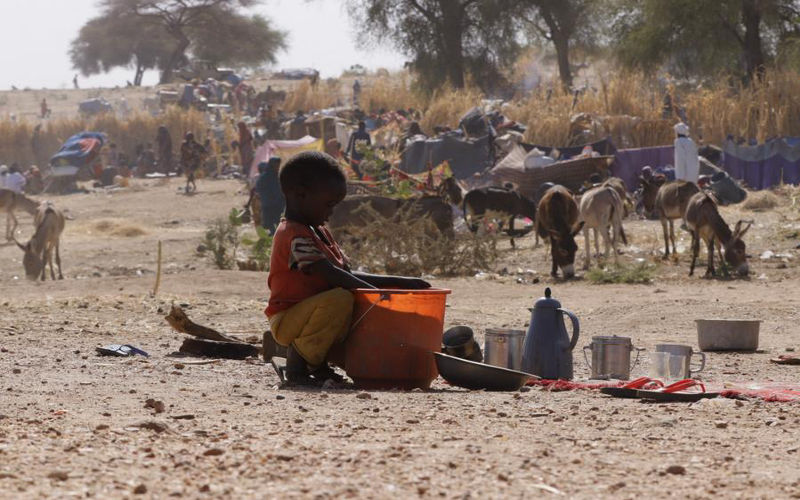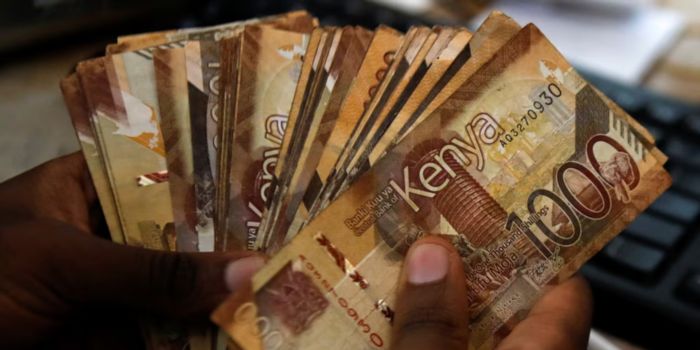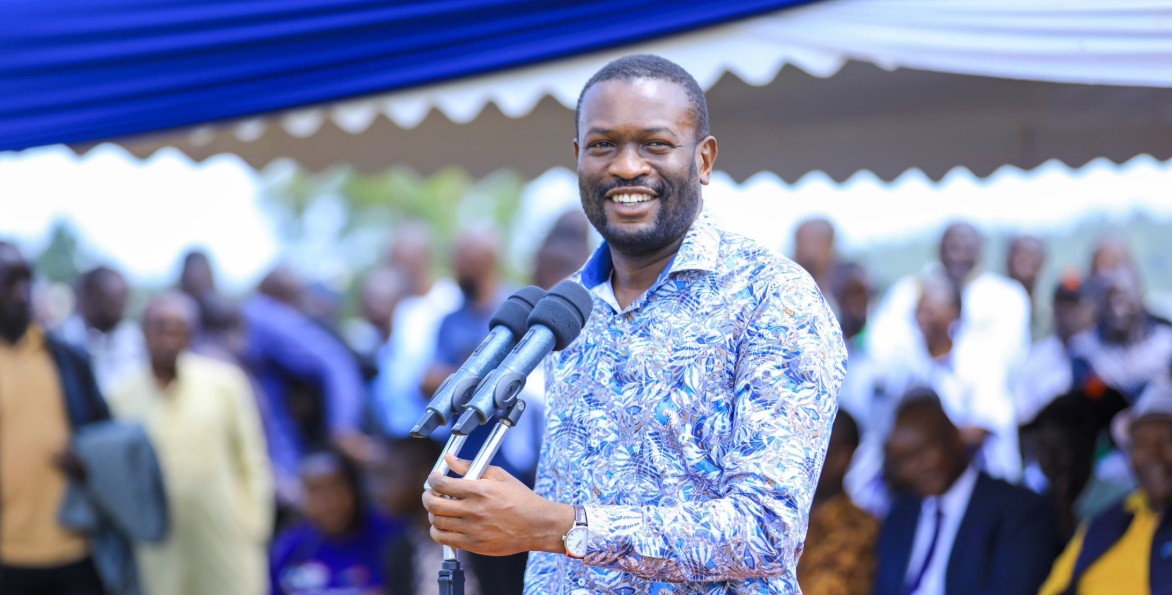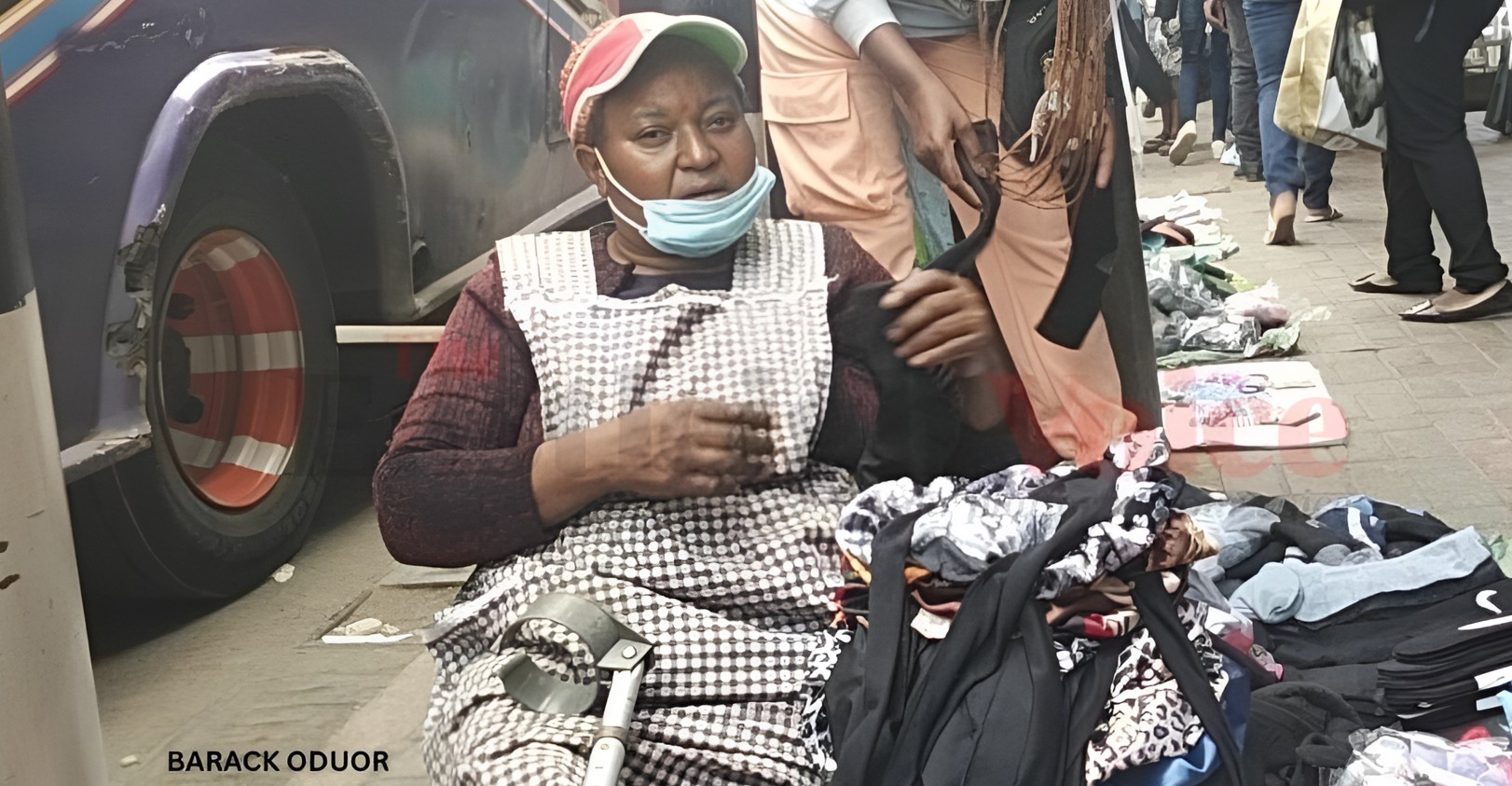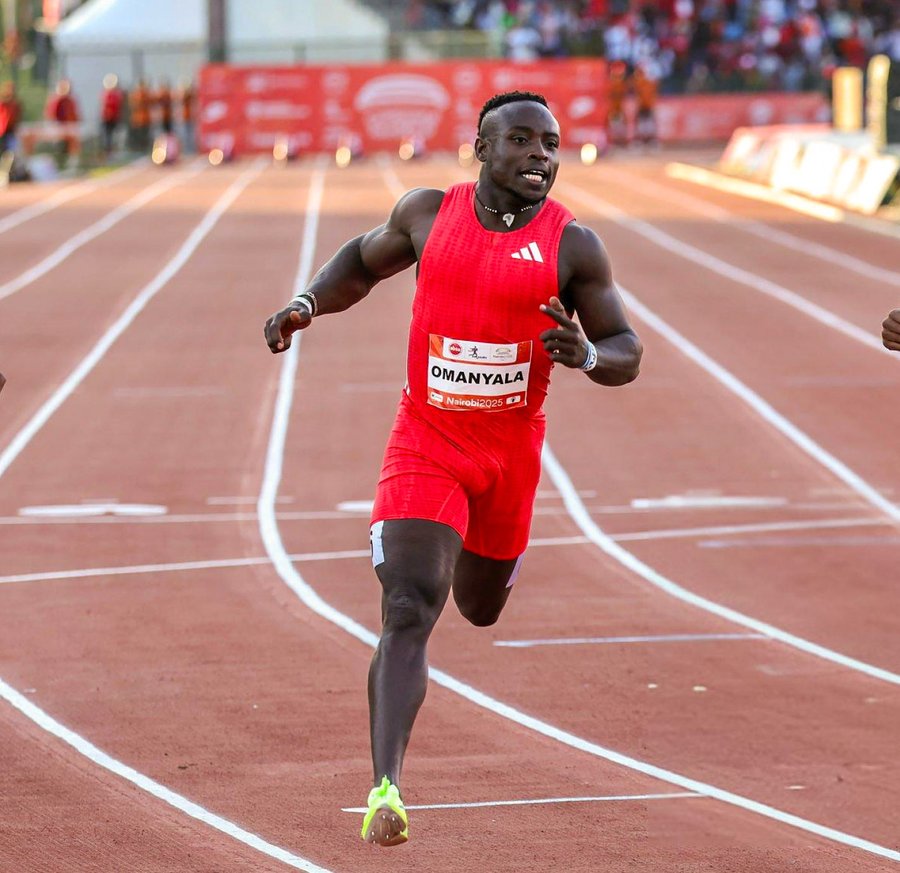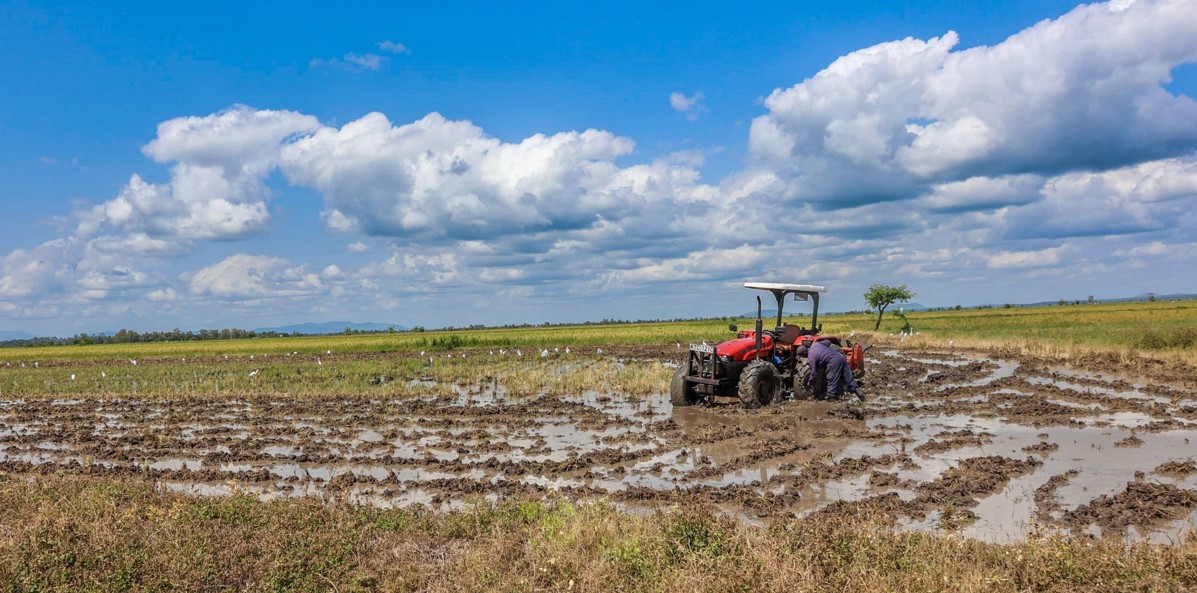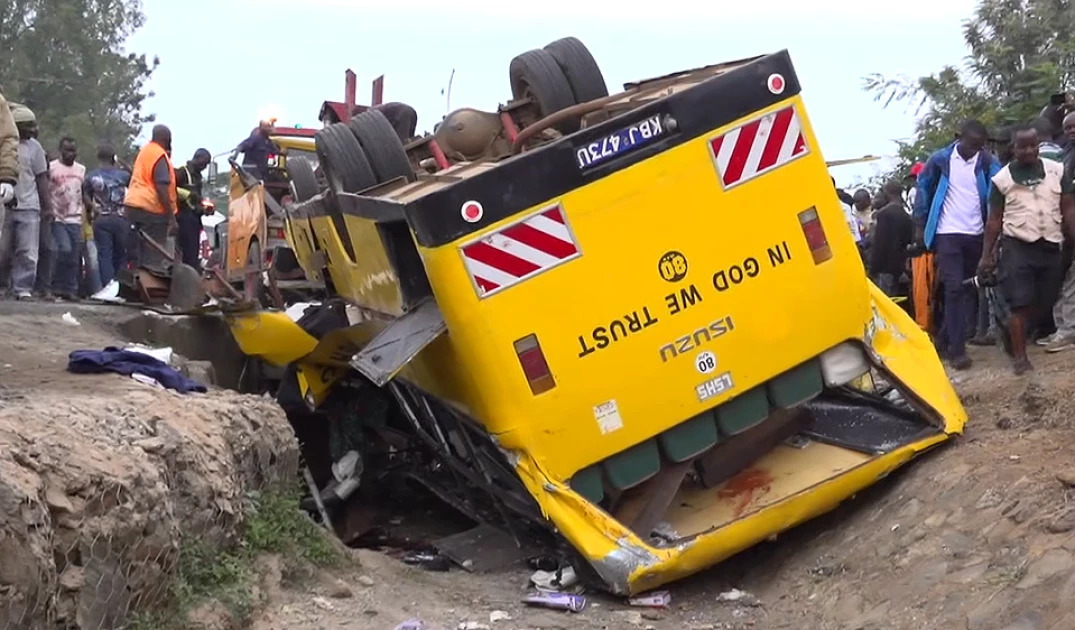France reopens genocide case against former UN worker Callixte Mbarushimana
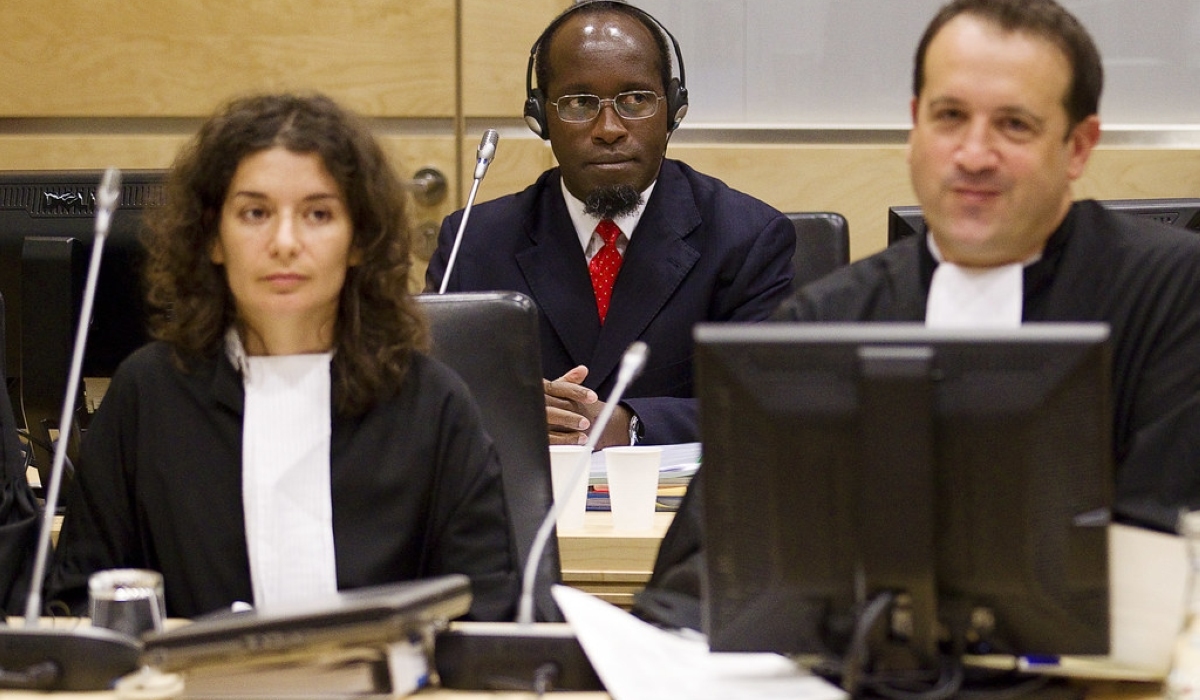
The Paris Court of Appeal ordered that the case be re-examined, including fresh interviews with witnesses and a review of previously overlooked evidence.
The French judiciary has reopened investigations into Callixte Mbarushimana, a former United Nations employee accused of complicity in the 1994 Genocide against the Tutsi in Rwanda.
This move reverses an October 2024 court decision that had dismissed the case over a lack of evidence.
More To Read
- Rwandan genocide suspect Francois Gasana extradited from Norway
- US President Donald Trump on upcoming Rwanda-DR Congo deal: ‘A great day for Africa’
- US arrests Rwandan genocide fugitive Vincent Nzigiyimfura after years on the run
- UN Prosecutor calls on South Africa to act on genocide suspect Fulgence Kayishema
- Rwanda’s UN envoy makes case for registry on international criminal matters
- French court suspends genocide probe into Rwanda’s former First Lady over lack of evidence
The ruling followed a successful appeal by the Collectif des Parties Civiles pour le Rwanda (CPCR), a rights group committed to pursuing justice for genocide victims.
The Paris Court of Appeal ordered that the case be re-examined, including fresh interviews with witnesses and a review of previously overlooked evidence.
“We are pleased that the judiciary has agreed to reopen the investigation to uncover new evidence,” said Dafroza Gauthier, CPCR co-founder, in an interview with IGIHE.
Mbarushimana was working for the United Nations Development Programme (UNDP) during the genocide.
After the UN evacuated foreign staff from Rwanda in April 1994, he was left in charge of safeguarding local employees.
Though hired in 1992, he was dismissed in 2001 following allegations linking him to the deaths of 32 people, including UN staff.
Among the victims was Florence Ngirumpatse, UNDP’s human resources chief in Rwanda.
UN war crimes investigator Tony Greig reported that Mbarushimana had celebrated her death after allegedly betraying her to the killers.
Witnesses also claimed he shot two people and helped the Interahamwe militia, the main perpetrators of the genocide.
Greig’s findings were submitted to the International Criminal Tribunal for Rwanda and included testimony from 25 witnesses implicating Mbarushimana directly in the killings.
On April 7, 2024, Rwandan President Paul Kagame expressed frustration at the inaction over Mbarushimana’s case.
Referring to Ngirumpatse as his cousin, Kagame said, “It later emerged that a Rwandan working at the UNDP betrayed his Tutsi colleague to the killers. Witnesses remember him celebrating Florence’s murder the night after the attack.
“He continued his career with the UN for many years, even after evidence implicating him emerged. He is still a free man now living in France,” he added.
The CPCR’s appeal argued that the initial court ruling ignored key witness statements and a UN internal report that documented Mbarushimana’s alleged crimes.
The Paris Court of Appeal acknowledged these gaps in its May 21 decision and ordered a renewed investigation.
Beyond his role in the 1994 genocide, Mbarushimana is also linked to the Democratic Forces for the Liberation of Rwanda (FDLR), a rebel group in eastern Democratic Republic of the Congo.
He reportedly served as the FDLR’s Executive Secretary.
In 2010, the International Criminal Court arrested him in France on 13 counts of war crimes and crimes against humanity committed by the FDLR in 2009.
However, he was released in 2011 due to insufficient evidence and has since lived freely in France.
The reopened investigation has revived hopes for justice and renewed attention on unresolved cases tied to the genocide.
Top Stories Today

